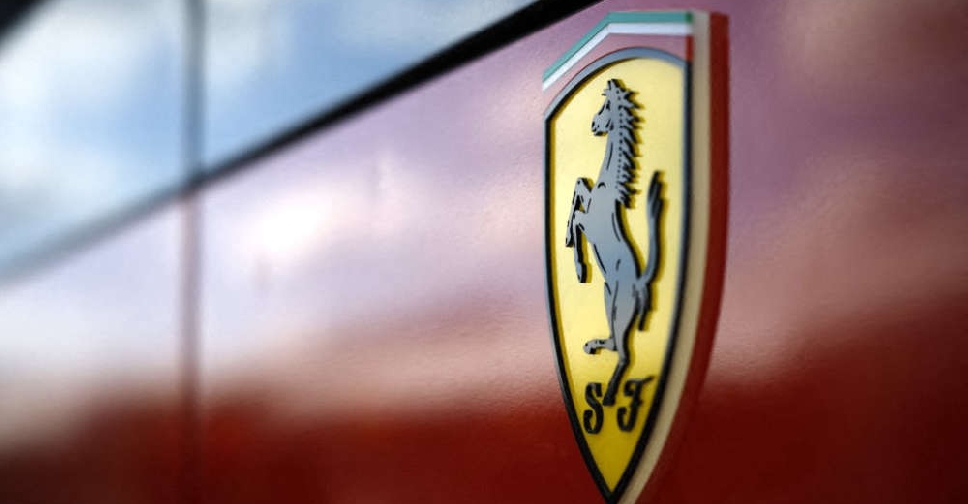
Ferrari's first electric car will cost at least AED 1.9 million ($535,000) as the luxury automaker prepares to open a plant that will make the model, and could boost group production by up to a third.
The Italian brand, famed for its roaring petrol engines, has said it will launch an electric car late next year, and the planned price shows its confidence that ultra-wealthy drivers are ready for it, even as mass-market rivals are slashing electrical vehicle (EV) prices amid faltering demand.
The price tag, which doesn't include features and personal touches that typically add 15-20 per cent, is well above the average sale price of around AED 1.3 million, including extras, for a Ferrari in the first quarter of this year, and many rival luxury EVs.
In a less exclusive segment, Porsche's electric Taycan starts at around AED 400,000.
Ferrari did not respond to a request for comment about the price of its first EV, or its new plant which is due to be inaugurated in its hometown of Maranello, northern Italy, on Friday.
The factory - or e-building - is a bold move for the company, which delivered fewer than 14,000 cars last year, as it will eventually allow production capacity to rise to around 20,000, the source said, speaking on condition of anonymity.
Exclusivity underpins the cachet of the brand, and also its high prices, and so any increase in output comes with risks.
However, Ferrari has shown with its Purosangue SUV, launched in 2022, that it can achieve success expanding beyond its traditional two-seat sports cars and grand tourers.
"There is an increasing demand out there for Ferraris, and they have room to meet part of it without compromising exclusivity," said Fabio Caldato, a portfolio manager at AcomeA SGR, which holds Ferrari shares.
Waiting lists for some models can top two years.
"That is not getting any shorter. Being in the waiting list is in itself a status symbol," Caldato said, noting an increase in potential wealthy customers in emerging markets, such as India and the Middle East.
The new factory in Maranello will give Ferrari an additional vehicle assembly line, and will make petrol and hybrid cars as well as the new EV, plus components for hybrids and EVs.
It will be fully operational in three to four months, the source said.
A second EV model is also under development, the source said, adding the process was at an early stage, and that the company might not want to increase overall production to 20,000 vehicles per year, at least in the short term.



 Nasdaq set to confirm bear market as Trump tariffs trigger recession fears
Nasdaq set to confirm bear market as Trump tariffs trigger recession fears
 Dana Gas and Crescent Petroleum exceed 500M boe in Khor Mor field
Dana Gas and Crescent Petroleum exceed 500M boe in Khor Mor field
 China to impose tariffs of 34% on all US goods
China to impose tariffs of 34% on all US goods
 Shares bruised, dollar crumbles as Trump tariffs stir recession fears
Shares bruised, dollar crumbles as Trump tariffs stir recession fears
 Wall Street futures sink as tariffs fuel recession fears
Wall Street futures sink as tariffs fuel recession fears



